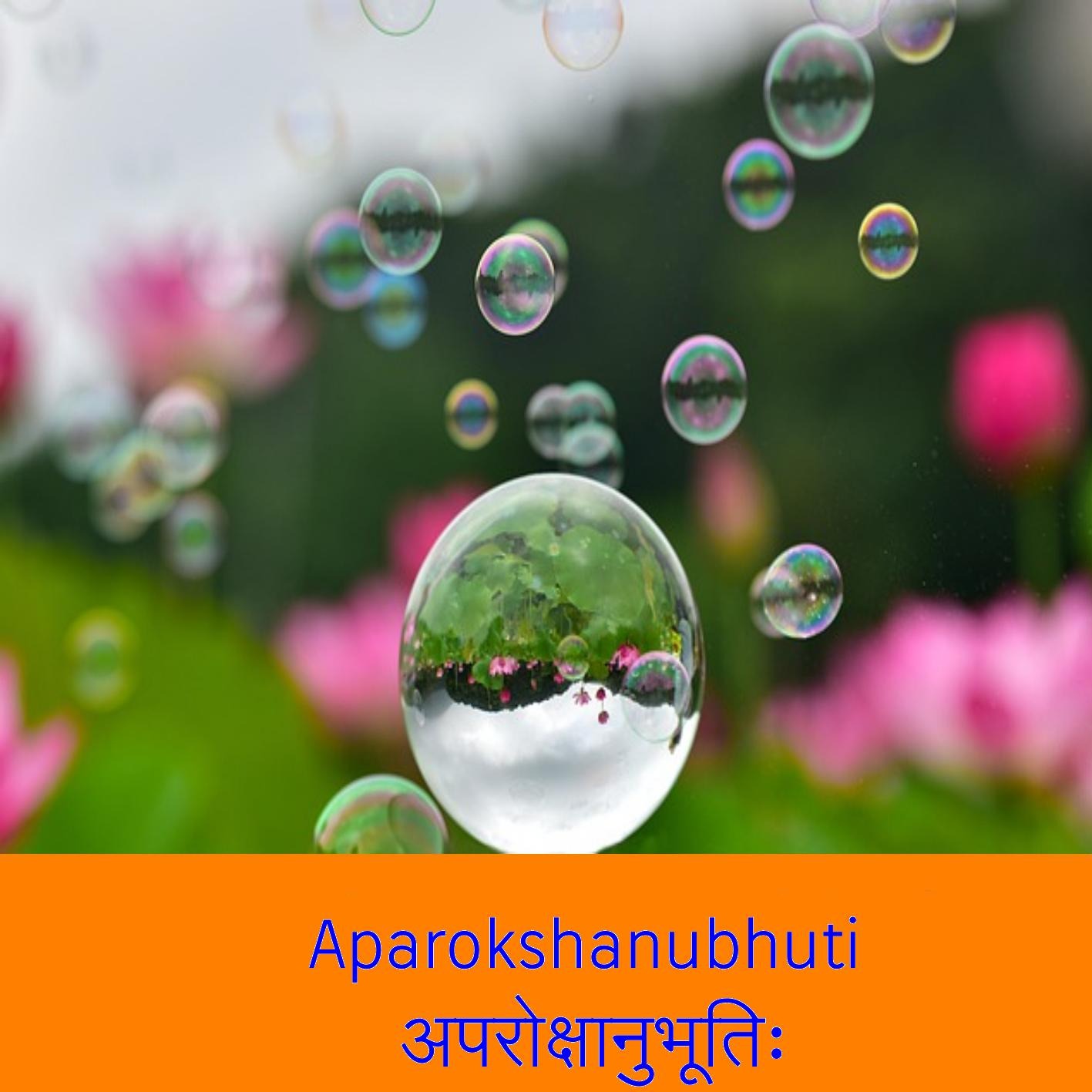Aparokshanubhuti-07
- Author
- Aurobind Padiyath
- Published
- Wed 18 Jun 2025
- Episode Link
- https://redcircle.com/shows/fe53db7f-360c-4b30-b69c-83084d6bcae3/episodes/68d0939b-b081-41be-a4f2-35792fe8e230
In this the verses 10 and 11 are discussed
The previously discussed sādhana-catuṣṭaya (fourfold qualifications: viveka, vairāgya, śamādi-ṣaṭka, and mumukṣutā) is now tied to its ultimate purpose — the attainment of Self-knowledge. The reference to the passage from “brahmādi” to “mumukṣutā” outlines these as instruments of knowledge. Only a person endowed with these disciplines, i.e., a qualified aspirant — a human being of the highest type, possessing a subtle and prepared mind — is considered fit for Brahmavidyā (Self-knowledge). The repeated inquiry (vicāra) into the nature of the Self and Brahman is essential, because it leads to the realization of their unity. This realization, in turn, leads to mokṣa, the supreme goal of human life — a state of unending bliss and freedom. Therefore, any seeker who desires the highest good (śubham) should persist in this path.
The verse no 11 emphasizes that Self-knowledge (jñāna) arises only through inquiry (vicāra), not through ritual actions or devotional practices alone. Just as light is essential to see objects, inquiry is essential to reveal the truth of the Self. Hence, the rule that vicāra is indispensable is logically and experientially validated.
